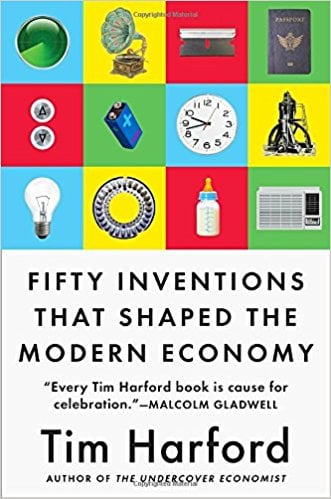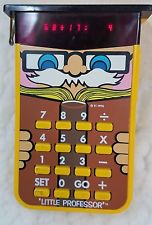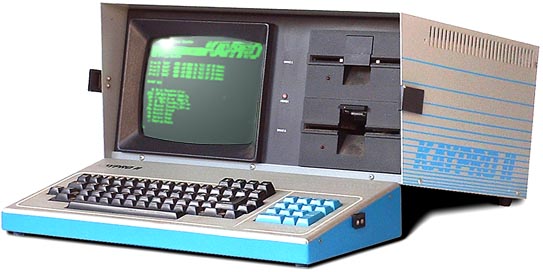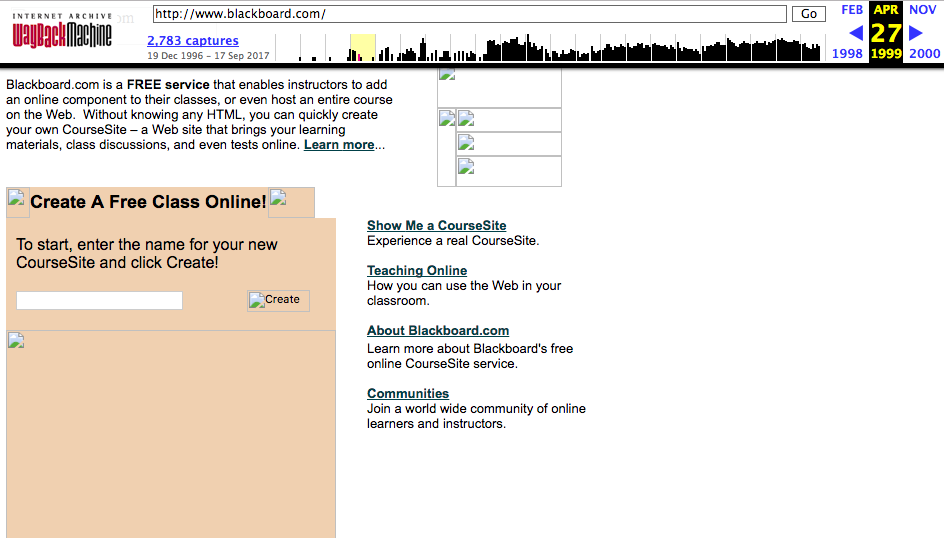You have /5 articles left.
Sign up for a free account or log in.
 Fifty Inventions That Shaped the Modern Economy by Tim Harford.
Fifty Inventions That Shaped the Modern Economy by Tim Harford.
Published in August of 2017.
Fifty Inventions started as a podcast, and each chapter is the length of a 9 minute audio essay.
You will learn, and be able to talk to your significant other or work colleague or total strangers, about topics as diverse as: management consulting, double-entry bookkeeping, radar, plastic, paper money, department stores, barbed wire, infant formula, tax havens, passports, intellectual property, air conditioning, elevators, TV dinners, batteries, robots, disposable razors, insurance, paper, IKEA bookcases, barcodes, the diesel engine, and much else besides.
In coming up with his list inventions that shaped the modern world, Harford makes no claim on either ranking or completeness. Rather, he seems to have picked inventions that lend themselves to larger observations, surprising twists, and colorful protagonists. Good fun.
In the spirit of Harford and Fifty Inventions, I’d like to offer my own incomplete and idiosyncratic list of inventions that have shaped educational technology:
 Invention #1 - PLATO Programmed Logic for Automatic Teaching Operations:
Invention #1 - PLATO Programmed Logic for Automatic Teaching Operations:
We tend to forget that before the learning management system (LMS), before the adaptive learning platform, and before the mobile learning app - there was PLATO. Invented at the University of Illinois in the early 1960s, and eventually licensed to Control Data Systems, PLATO was hugely influential on every educational technology (and many other technologies besides) that came later. The PLATO platform was ultimately a commercial failure, as it pre-dated the internet and the browser - instead running on expensive mainframes and dumb terminals, but it foreshadowed much that would come after it. Today’s immersive learning environments, and tomorrow’s virtual reality and holographic learning simulations, have their roots in PLATO. So do the touch screen, adaptive learning, and rapid computer generated feedback.
 Invention #2 - The Little Professor Calculator:
Invention #2 - The Little Professor Calculator:
This was the first piece of educational technology that I ever owned. In 1976 I was 7 years old, and thanks to this Texas Instruments device, I was a dedicated junior mathematician. It probably helped the my Dad was a “Big Professor”, and come to think of it his face sort of resembles the face of the Little Professor calculator. My young mind was blown by the idea the Little Professor could ask me questions (like 8*9), and I could answer and be instantly told I was right or wrong (“EEE”). Did professors in 1976 worry that this Little Professor calculator was the robot the would eventually take their jobs?
Invention #3 - The Kaypro Luggable Computer:
In 1982 my Dad brought home our household’s first personal computer - a Kaypro II. At age 13 I was not doing that well in school. The Kaypro turned that around. For whatever  reason, I liked writing papers on the Kaypro. There was something magical about this computer in a big metal suitcase. WordStar seemed like a revelation. The paper that I wrote were saved on 5 1/4 inch floppy disks. (Running a program like WordStar also required inserting a floppy disk, as I don’t think the computer had a hard drive. Is that right?). Without that Kaypro I would have never thought of myself as good at school.
reason, I liked writing papers on the Kaypro. There was something magical about this computer in a big metal suitcase. WordStar seemed like a revelation. The paper that I wrote were saved on 5 1/4 inch floppy disks. (Running a program like WordStar also required inserting a floppy disk, as I don’t think the computer had a hard drive. Is that right?). Without that Kaypro I would have never thought of myself as good at school.
Invention #4 - The Blackboard Learning Management System (LMS):
I don’t think that Blackboard gets enough credit. The LMS in general, and Blackboard in particular, is much maligned amongst both practitioners and scholars of educational technology. Whatever our critiques of Blackboard and the ubiquitous LMS that the company enabled, it remains a platform that enabled the rapid growth of online and blended learning. Freed from having to know HTML, instructors from every discipline were free to use (or mis-use) the LMS to teach everything from fully online courses to barely digitally-enhanced residential classes. In grabbing the early picture of Blackboard.com from 1999 using the WayBackMachine, it is amusing to see that Blackboard started as a “FREE service that enables instructors to add online components to their classes, or even host an entire course on the Web”. That proved to be a successful model, as Blackboard was one of the few edtech companies that made money in its early years. Today, we are still living in the world of the LMS - for better and for worse - that Blackboard brought into existence.

What edtech inventions would you add to Harford’s list?
What are you reading?




